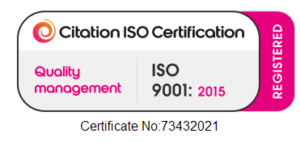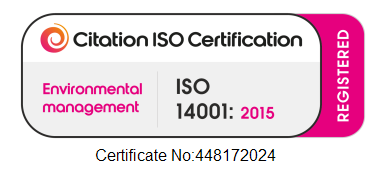The UK government has announced significant reforms to its research and development (R&D) tax credit system
The reforms, announced in the Autumn Statement 2023, seek to combine the Research and Development Expenditure Credit (RDEC) and the R&D small and medium enterprise (SME) relief into a singular scheme.
The scheme will be effective for accounting periods beginning on or after 1 April 2024.
Unified R&D tax credit scheme
The merged approach will see an introduction of a single set of qualifying rules for most R&D businesses, in a departure from the more complex structure of the existing RDEC and SME schemes.
The unified scheme will allow companies making R&D decisions to claim relief for contracted out R&D. Subsidised expenditure rules from the SME scheme are removed and the grant funded projects remain claimable.
The rate under the new scheme is set at the current RDEC rate 20%. For loss-making businesses, a notional tax rate of 19% will apply, rather than the 25% main rate set in the current RDEC.
Read more about the merger of current SME and RDEC schemes.
Enhanced support for R&D intensive SMEs
Announced in the Spring Budget 2023, a separate R&D scheme was established to provide more support to R&D intensive SMEs. The latest reforms will see the intensity threshold for R&D-intensive, loss-making SMEs reduced from 40% to 30%.
This adjustment is expected to benefit around 5,000 additional businesses, widening the scope of support for SMEs, particularly start-ups, engaged in intensive R&D activities.
The reforms will also provide for a one-year grace period for R&D intensive businesses which fail to meet the intensity threshold – for example due to a one-off shock or small fluctuations in expenditure – to continue claiming enhanced support in that year if it met the threshold and have successfully claimed enhanced support in the previous year.
This grace period will apply to accounting periods beginning on or after 1 April 2024.
Find details of the enhanced support for R&D intensive SMEs.
Nominations and assignments for payments
As part of the reforms, the government will also legislate to restrict the use of nominations and assignments for R&D tax credit payments. Subject to limited exceptions, this measure will stop payments being made to third parties, with payments now going directly to claimants. It will also prevent any new assignments of R&D tax credits.
The restriction on new assignments will apply from 22 November 2023, while the change on nominations will take effect for all claims made on or after 1 April 2024.
Read more about plans to restrict nominations and assignments for R&D relief.
Source: nibusinessinfo










